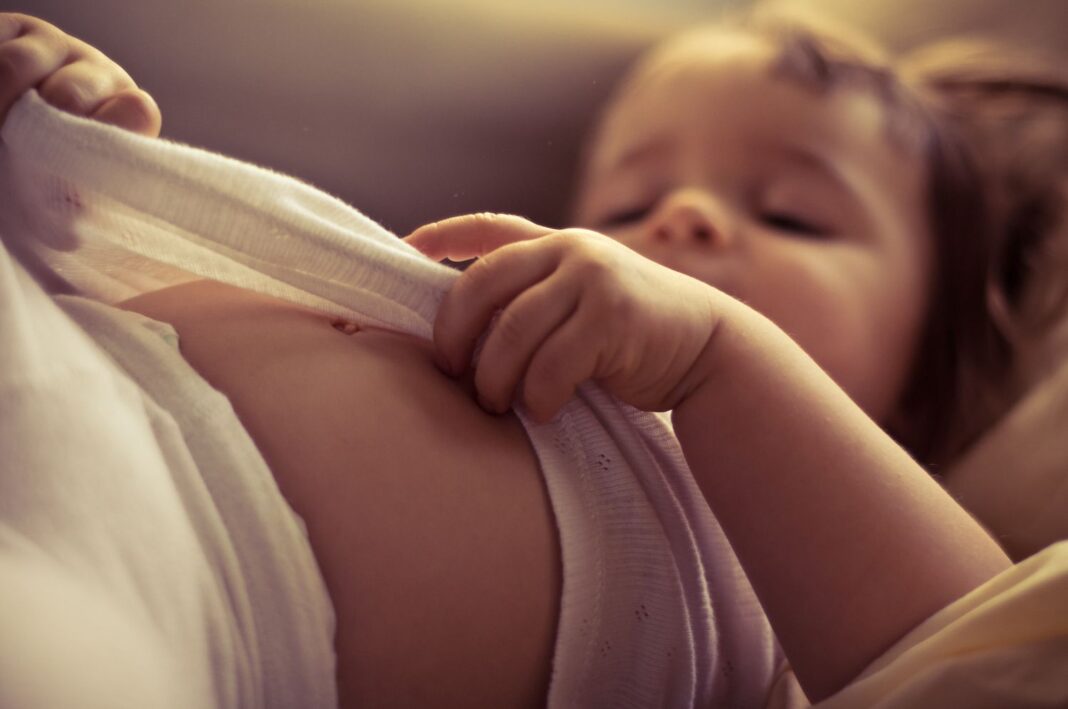A Responsible Cyst: Understanding Urachal Cysts
Causes
In the first trimester of pregnancy, the urachus is a channel between the fetus’s bladder and umbilical cord that allows urine to drain from the fetus. By the third trimester, the urachal channel seals off and becomes the medial umbilical ligament, a cord that extends from the pelvis to the top of the bladder. If the urachus remains open, its remnants can form a urachal cyst.
Symptoms
Having a urachal cyst does not necessarily mean you will have symptoms. Urachal cysts or abscesses usually only cause symptoms if they become infected. Symptoms of an infected urachal cyst include:
- Abdominal pain
- Fever
- Abdominal masses
- Pain or burning with urination
- Frequent urinary tract infections
- Blood in the urine
- A constantly moist belly button, with urine coming from the navel
Treatment
Urachal cysts are a congenital condition, so there is no cure. However, infected cysts can be treated with antibiotics and drainage. In some cases, surgery may be necessary to remove the cyst. If not treated, infected cysts can cause serious complications, such as sepsis and death.
Conclusion
Urachal cysts are a rare and often misdiagnosed condition that can cause significant discomfort and potential complications. It is essential to seek medical attention if symptoms occur, as prompt treatment can prevent serious health issues.
Frequently Asked Questions (FAQs)
Q: What is a urachal cyst?
A: A urachal cyst is a sac of tissue and fluid that forms between the bladder and belly button.
Q: What causes urachal cysts?
A: Urachal cysts are caused by the failure of the urachal channel to close off during fetal development.
Q: What are the symptoms of an infected urachal cyst?
A: Symptoms of an infected urachal cyst include abdominal pain, fever, abdominal masses, pain or burning with urination, frequent urinary tract infections, blood in the urine, and a constantly moist belly button.
Q: How are urachal cysts treated?
A: Infected urachal cysts can be treated with antibiotics and drainage. In some cases, surgery may be necessary to remove the cyst.
Q: Can urachal cysts be prevented?
A: No, urachal cysts are a congenital condition and cannot be prevented. However, prompt treatment can prevent serious complications.




